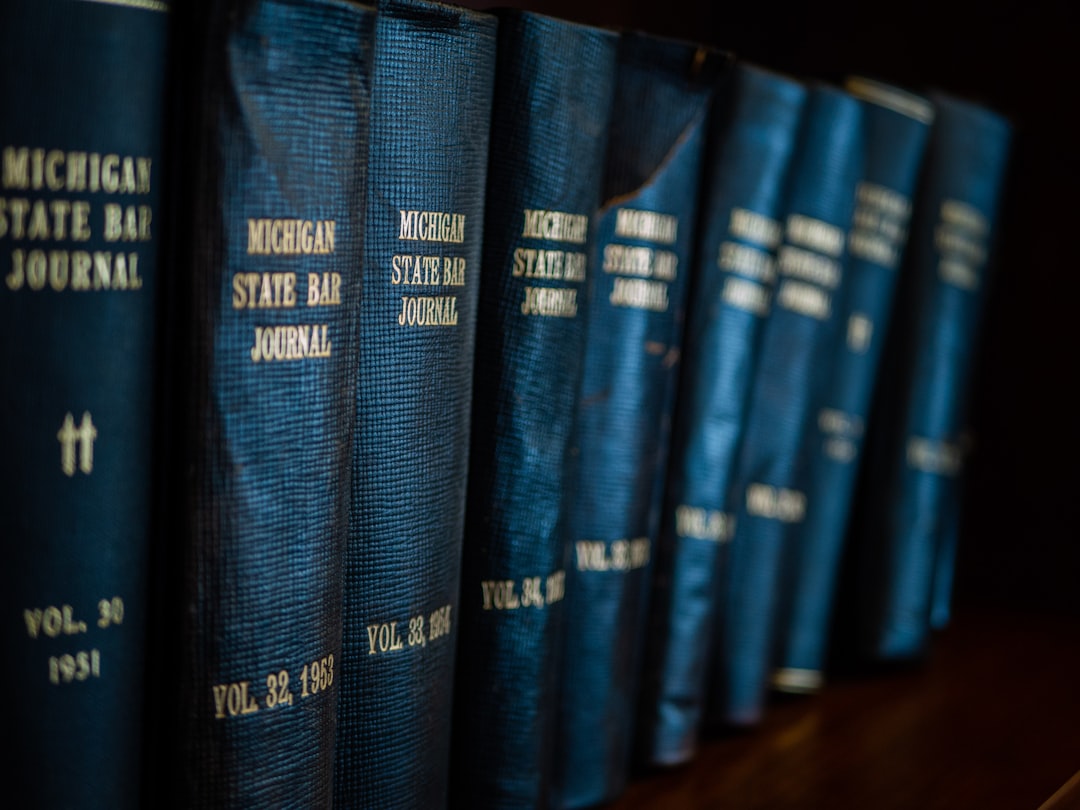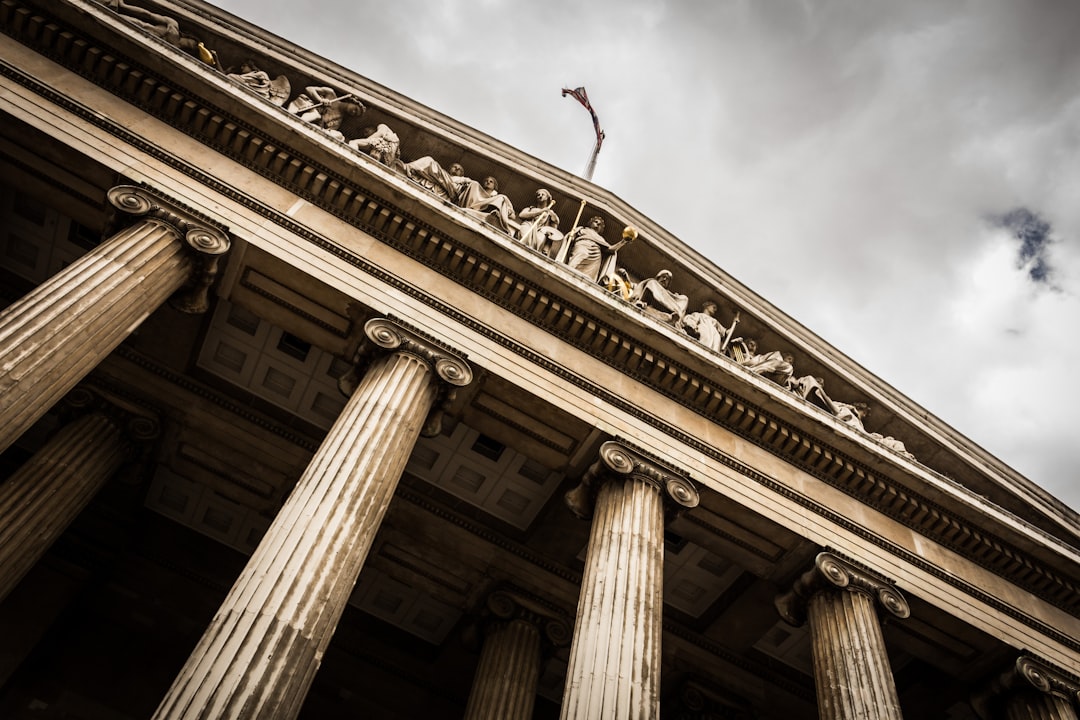Hospital lawyers in California play a crucial role in protecting victims of sexual assault within healthcare settings by guiding facilities through strict state laws for evidence preservation and ensuring patient confidentiality. They assist survivors in navigating legal procedures, gathering evidence like DNA samples, medical records, and witness statements to facilitate justice while adhering to privacy rules.
In California, sexual assault survivors have legal rights, especially when the incident occurs within healthcare settings. This article delves into the critical aspect of hospital sexual assault evidence preservation, guiding survivors through their legal protections. We explore essential steps for preserving evidence post-incident, highlighting the pivotal role of hospital lawyers in ensuring patient safety and justice. Additionally, we discuss consent, legal boundaries, and available resources for victims, empowering them with knowledge in the complex landscape of healthcare law in California.
Hospital Sexual Assault: Legal Rights in California

In California, hospital sexual assault is a serious issue with significant legal implications. If you’ve been a victim or witnessed such an incident, understanding your rights is crucial. The state has strict laws in place to protect individuals and ensure justice. Hospital lawyers in California are well-versed in these regulations, which mandate that healthcare facilities have protocols for documenting and preserving evidence related to sexual assaults. This includes immediate reporting, secure storage of physical evidence, and the documentation of witness statements.
Victims have the right to legal representation and can pursue civil lawsuits against the perpetrators. Hospital lawyers specializing in such cases can guide survivors through the legal process, ensuring their rights are protected. They help gather and preserve evidence, file timely complaints, and negotiate settlements or represent clients in court. The legal framework aims to deter future incidents and offer support to those affected by hospital sexual assault.
Preserving Evidence: Steps After an Incident

After a sexual assault occurs in a hospital setting, proper evidence preservation is crucial for legal proceedings and accountability. Hospital lawyers in California recommend taking immediate steps to secure potential evidence. This includes documenting the incident with detailed notes, collecting any physical evidence like clothing or medical equipment that might contain DNA or other trace evidence, and obtaining witness statements.
Additionally, victims should ensure their medical records are thoroughly reviewed as these documents can provide valuable information about the assault’s impact on their health. It is essential to notify hospital administration and law enforcement promptly to initiate a formal investigation. These steps help preserve the integrity of evidence, which may be critical in pursuing legal action against perpetrators and securing justice for victims.
Role of Hospital Lawyers in Protection

In California, hospital lawyers play a pivotal role in ensuring the protection and preservation of sexual assault evidence. These legal professionals are well-versed in both medical and legal procedures, enabling them to guide healthcare facilities in maintaining the integrity of evidence crucial for criminal investigations and prosecution. By implementing proper protocols, hospital lawyers help establish a robust system for documenting, storing, and presenting physical and digital evidence related to sexual assaults that occur within their premises.
They collaborate closely with law enforcement, medical staff, and other legal experts to ensure compliance with California’s strict laws regarding sexual assault evidence preservation. This includes the handling of DNA samples, medical records, security footage, and digital devices, all while maintaining patient confidentiality and adhering to legal standards. The expertise of hospital lawyers in California is essential for protecting victims’ rights and ensuring that justice is served in cases of sexual assault.
Understanding Consent and Legal Boundaries

In California, understanding consent and legal boundaries is paramount in hospital settings. Patients must freely agree to any medical procedures or examinations, and this consent should be documented clearly and meticulously. Hospital lawyers in California emphasize that healthcare providers have a duty to obtain informed consent, ensuring patients understand their rights and the nature of the treatment they are undergoing. This process not only protects legal boundaries but also fosters trust between patients and healthcare professionals.
Knowing when and how to preserve evidence related to sexual assault allegations is crucial for hospital lawyers in California. This involves documenting interactions with patients, maintaining detailed records of examinations and treatments, and preserving any relevant physical evidence. Such measures are essential to protect the rights of victims and ensure that appropriate legal actions can be taken if needed, while also adhering to strict privacy and confidentiality protocols.
Support for Victims: Resources in California

In California, victims of sexual assault within a hospital setting have access to various resources designed to support them during and after their ordeal. Many hospitals have dedicated teams or departments that specialize in handling such cases, providing immediate care and crisis intervention. These teams often include trained nurses, social workers, and counselors who can offer emotional support, medical assessment, and advocacy on behalf of the victim.
For legal assistance, California offers a network of hospital lawyers specializing in sexual assault cases. These attorneys work to protect the rights of victims, ensuring that evidence is properly preserved and collected for potential criminal proceedings or civil lawsuits. They guide victims through the legal process, offering expertise in navigating complex laws and procedures related to sexual assault evidence preservation in hospitals.






